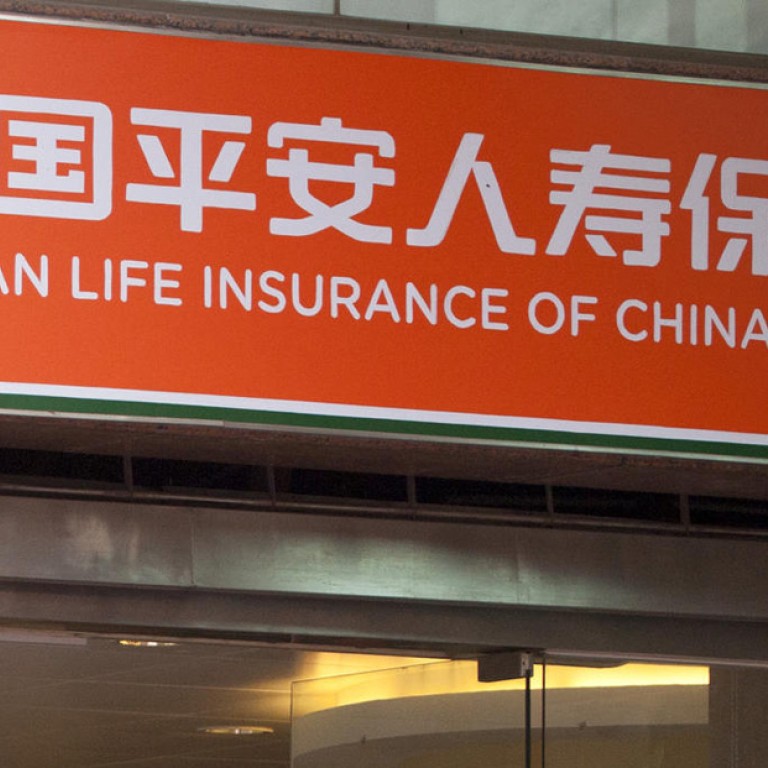
Ping An returns for more dim sum
Mainland insurer makes timely comeback with 1.8 billion yuan offering just ahead of a flood of redemptions and refinancings in coming year
Ping An Insurance has raised 1.8 billion yuan (HK$2.3 billion) through an offshore yuan bond, signalling a timely comeback for the dim sum market just ahead of a flood of redemptions and refinancings worth nearly 70 billion yuan anticipated over the coming year.

It started strong, raising US$12.3 billion in the first quarter, according to Thomson Reuters, thanks largely to a spate of debt from mainland developers.
The market went quiet between June and August as investors digested news of slowing growth on the mainland, soaring interbank interest rates and a flattening outlook for yuan appreciation.
It has picked up in the past two months, with the likes of BP, Total and SK Global bringing deals to investors. Some of these issuers have genuine need for yuan to fund their mainland operations, while others see marginally favourable pricing in the market when proceeds are swapped into US dollars.
As is typical for dim sum offers, the Ping An bond drew strong demand from private banks, which took 19 per cent of the paper on offer. Private bank clients tend to hold a lot of yuan on the view that the currency is gaining and so are happy to park their money into any reasonably safe, yield-bearing instrument to pick up the extra interest.
But supply could weigh heavily in coming months, despite the broadly favourable currency backdrop and captive demand from Hong Kong's haul of yuan deposits for dim sum debt. Issuers are expected to bring a series of refinancings next year, as the first big wave of dim sum bonds that priced in 2010-11 matures.
Royal Bank of Scotland estimates 69.5 billion yuan of dim sum bonds will come due next year, about five times the volume of bonds maturing this year. This means a lot of firms may be looking to refinance bonds with fresh yuan debt.
But the yuan appreciation story is not as strong as in 2010-11. This means issuers will have to pay more generous coupons on any new deal, which may push some into the US dollar market, which has lately been capturing the lion's share of offshore issuance from mainland firms.
Ping An did a three-year dim sum bond in 2011 with a coupon of 2.075 per cent, compared with the 4.75 per cent coupon that came in this week's deal.
